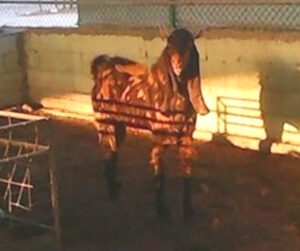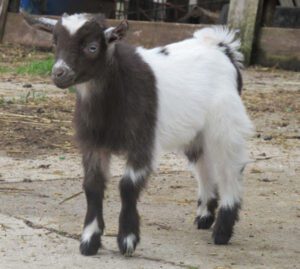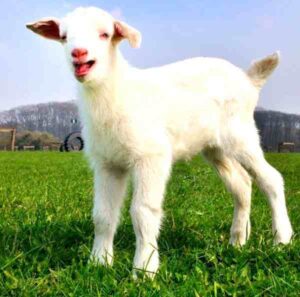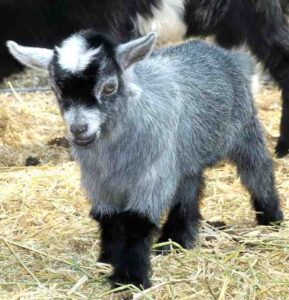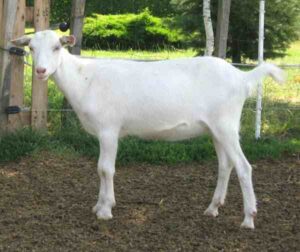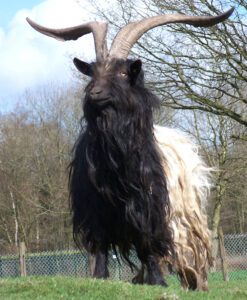The Nigora goat is a dual-purpose breed of domestic goats, raised for it’s fiber and milk production. It was developed in the United States in the early 1990s. The breed was developed through cross-breeding of Nigerian Dwarf bucks with white Angora does, which is a mohair breed.
A breed association was formed in 2007, named the American Nigora Goat Breeders Association. Another breed association was formed in 2014, named the Nigora Goat Breeders Society.
The early Nigora goats contained a mixture of Nigerian Dwarf and Angora goat bloodlines. And today’s breed may also contain the bloodlines of registered Swiss type mini dairy goat breeds. Read more information about this goat breed below.
Nigora Goat Characteristics
Nigora goat is a small to medium sized animal. It has a rectangular shaped well build body. The head of these goats is blunt triangle and they have a straight strong jaw.
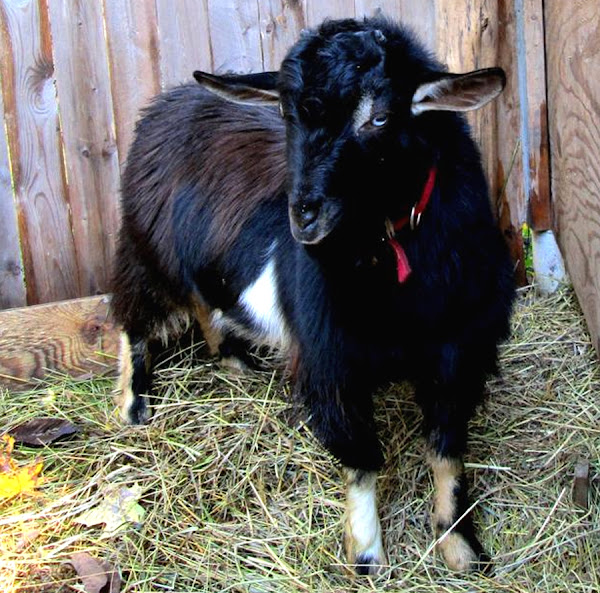
Both bucks and does may have horns, and the breed is found in many color varieties. The average height of this breed is 19-29 inches (48-74 cm) for both bucks and does. Photo from the American Nigora Goat Breeders Association.
Uses
The Nigora goat is a multi-purpose breed. It is mainly kept for for fiber and milk production. But the breed is also very good for raising as pets.
Special Considerations
These goats are generally of good behavior. They are very friendly and have relatively calm temperament. That’s why this breed is also very good for raising as pets.
They are very strong and healthy animal. The does are good milk producers. And the breed is also good for fiber production.
Depending on the length and type of the fibers, the Nigora goat’s fiber is classified into three types. Which are Angora-type mohair, cashgora and cashmere.
Angora-type mohair is long and lustrous, the cashgora is of medium length which combines mohair with cashmere-type undercoat. And the cashmere type is shorter cashmere fiber. However, review full breed profile of this beed in the following table.
| Breed Name | Nigora |
| Other Name | None |
| Breed Purpose | Dual purpose. Fiber & Milk |
| Breed Size | Small to Medium |
| Buck | 19-29 inches (48-74 cm) |
| Doe | 19-29 inches (48-74 cm) |
| Horns | Yes |
| Climate Tolerance | All Climates |
| Coat Color | Various |
| Good for Stall Fed | Not sure |
| Rarity | Common |
| Country/Place of Origin | United States |

